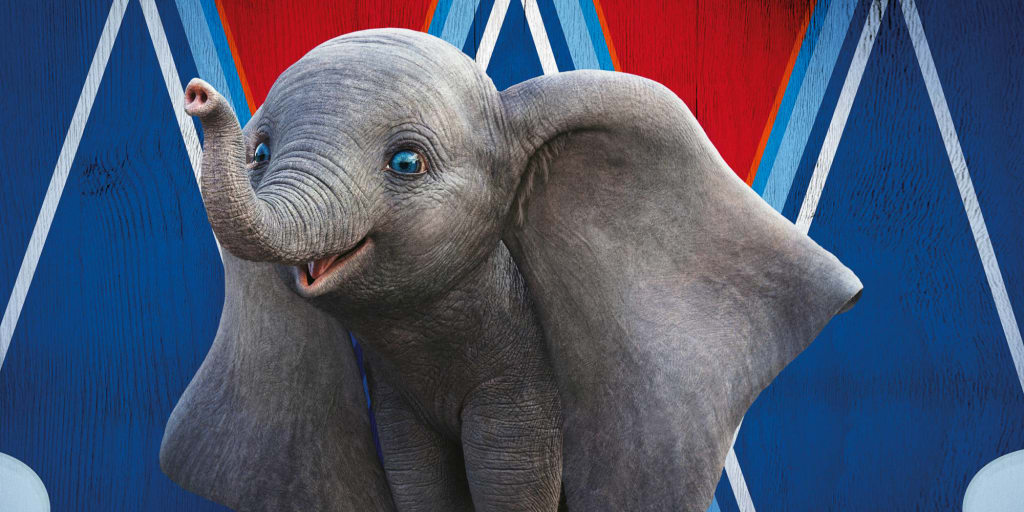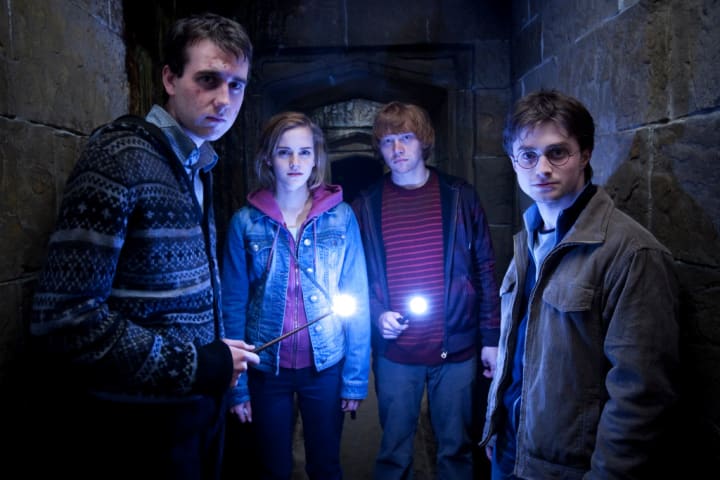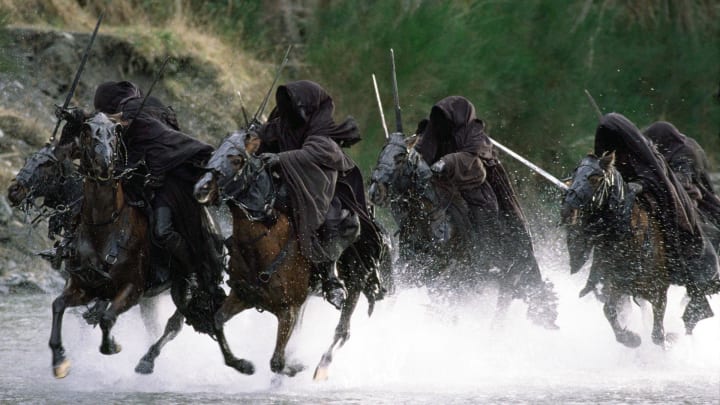A Filmmaker's Guide to: Sci-Fi and Fantasy
Film Studies (Pt.31)

In this chapter of ‘the filmmaker’s guide’ we’re actually going to be learning about literature and film together. I understand that many of you are sitting in university during difficult times and finding it increasingly hard to study and I understand that many of you who are not at university or not planning on it are possibly stuck of what to do, need a break or even need to catch up on learning film before you get to the next level. This guide will be brief but will also contain: new vocabulary, concepts and theories, films to watch and we will be exploring something taboo until now in the ‘filmmaker’s guide’ - academia (abyss opens). Each article will explore a different concept of film, philosophy, literature or bibliography/filmography etc. in order to give you something new to learn each time we see each other. You can use some of the words amongst family and friends to sound clever or you can get back to me (email in bio) and tell me how you’re doing. So, strap in and prepare for the filmmaker’s guide to film studies because it is going to be one wild ride.
Sci-Fi and Fantasy

What is it?
Sci-Fi, short for 'Science Fiction' is exactly what it states. It takes science and bends it to suit the world in which the fiction is set.
Fantasy, on the other hand, deals with things that we know not to exist such as magic and superpowers.
In literature, there are many famous works of Sci-Fi including "1984" by George Orwell, which may not seem like fiction anymore (laughs in satire). But other works include the steampunk genre's "Around the World in 80 Days" by Jules Verne and the more recent "Ready Player One" by Ernest Cline of the cyberpunk genre. These are all inclusive genres of the bigger picture - Sci-Fi.
As one of the most popular genres in the world in literature, there is no reason why fantasy would not be so closely associated with its counterpart. We all respect the power of magic and hope, someday if not in our lifetime, it will be real. Well, we hope so. Fantasy novels include the Harry Potter Series, the Lord of the Rings series, His Dark Materials and so many more. It is one of the most popular genres amongst teenagers and young adults alike, with escapism at its centre.
What about in film?

Known more for being adapted from novels to the screen, Sci-Fi and fantasy has blessed us in more ways than just Star Wars and Harry Potter. From the very beginnings of films in which we had the German Expressionist Somnambulist of "The Cabinet of Dr. Caligari" (1920) all the way down to our own day in which the recent "Alita: Battle Angel", "Hellboy" and yes, even the live action remake of "Dumbo: the Flying Elephant" - Sci-Fi and Fantasy has always been there.
When we look at films of these genres we first have to recognise how different they are. Sci-Fi takes things we already have and expands them into impossible realms, whereas fantasy takes things that are not possible and makes them common realities. Whether or not they are accepted by the general public of the film means they could either fall into pure fantasy or into magic realism. For example: Lord of the Rings shows us that the entire world of Middle Earth relies on the supernatural and paranormal in their everyday lives and it is accepted as normality. Therefore, it is magic realism. Whereas, in Harry Potter, there is a general public of the films that do not know that magic exists and are not supposed to know. Therefore, this is pure fantasy.
When we have a look at further reading, we'll see some secondary sources to read on Sci-Fi and Fantasy because of the amount of critical work that has been done on them already. I'm sure you can explore Sci-Fi and Fantasy Fiction in literature and film without me giving you an entire list.
Further Reading
- James, E (2012). The Cambridge Companion to Fantasy Literature . UK: Cambridge University Press.
- James, E (2003). The Cambridge Companion to Science Fiction. UK: Cambridge University Press.
- Latham, R (2014). Oxford Handbook of Science Fiction. UK: Oxford University Press
- Levy, M (2016). Children's Fantasy Literature: An Introduction. UK: Cambridge University Press.
- Shelley, M (2019). Frankenstein: or `The Modern Prometheus'. UK: Oxford World's Classics.
About the Creator
Annie Kapur
200K+ Reads on Vocal.
English Lecturer
🎓Literature & Writing (B.A)
🎓Film & Writing (M.A)
🎓Secondary English Education (PgDipEd) (QTS)
📍Birmingham, UK






Comments
There are no comments for this story
Be the first to respond and start the conversation.